In contrast to the heated rhetoric of the U.S. campaign, the atmosphere at the Trump-Xi meeting was polite and respectful, David Dollar writes. It seems less likely than ever that the United States would start a trade war with harsh protectionist measures, though there may still be some in the administration who would like to go that route. This piece originally appeared in The Hill.
Trade saw little in the way of concrete outcomes at the Mar-a-Lago summit. This was as expected. President Trump himself had set low expectations with his tweet that the trade negotiations would be “very difficult.” But the talks did provide some guidance as to how future negotiations are likely to go.
Most importantly, the atmosphere was polite and respectful, compared to the heated rhetoric of the campaign. Trump characterized his relationship with President Xi as “outstanding.” It seems less likely than ever that the U.S. would start a trade war with harsh protectionist measures, though there may still be some in the administration who would like to go that route.
If there is a struggle between protectionists and globalists, it would seem that the globalists have the upper hand for the moment. This does not mean that there are not likely to be some trade measures against China, but they are likely to be small and sector-specific, rather than an across-the-board salvo.
The Trump administration naturally did not want to continue President Obama’s Strategic and Economic Dialogue. In fact, it had become too large and ceremonial to be much use. But the U.S. readout after the summit indicates that a high-level economic dialogue will nevertheless continue.
The strategic will be separated from the economic, which makes sense. The new Comprehensive Economic Dialogue will be chaired by Treasury Secretary Steven Mnuchin and Commerce Secretary Wilbur Ross on the U.S. side. Presumably it will still be Deputy Premier Wang Yang for the Chinese.
In terms of immediate progress, China apparently offered to follow through on its commitment from six months ago to open the beef market to U.S. exports. It also made progress in allowing American investment banks to operate in China.
The U.S. administration has been pushing hard for China to reduce its 25-percent tariff on auto imports, but the Chinese reportedly are expecting in return that the U.S. will sell more hi-tech products and allow more hi-tech acquisitions by Chinese state enterprises—concessions that would be difficult for the administration in the current political environment.
The new dialogue sounds very much like the old dialogue, and we will have to wait and see if it can produce better results.
An unexpected twist at the summit was the launching of the U.S. missile strike on Syria more or less at the same time as the opening summit dinner. This timing was probably not a deliberate attempt to embarrass Xi Jinping. But apparently the administration was not willing to wait until after the summit to launch its response to Assad’s purported use of chemical weapons.
Whether it was intentional or not, the message was clear that the summit is not that important to the U.S. and that the new administration would not hesitate to use military means unilaterally.
Whether it was intentional or not, the message was clear that the summit is not that important to the U.S. and that the new administration would not hesitate to use military means unilaterally. This message has clear relevance in the effort to manage North Korea and to denuclearize the peninsula.
China’s worries that the U.S. will do something rash will increase. China will likely make some effort to tighten economic sanctions on North Korea. However, China’s fundamental calculation has not changed—a military strike against the North would be extraordinarily risky, and it is unlikely that the U.S. would take this chance.
China does not want the regime to collapse chaotically, so there is a limit to how much economic pain China is willing to impose. Furthermore, the Chinese have legitimate skepticism that North Korean Supreme Leader Kim Jong-un’s response to economic pressure would be to give up his nuclear arsenal.
The Syria strike was also a reminder of the extent to which presidential attention and action are driven by unexpected events. Mar-a-Lago was supposed to be an opportunity to negotiate on trade, but that got crowded out by Syria and North Korea. The U.S. needs China to cooperate on these global security issues.
This is often difficult, and it tends to suck up most of the oxygen in the relationship. During the Obama administration, China’s cooperation on Iran and climate change made it difficult for the administration to take harsh measures on trade.
Like Obama, Trump is likely to find that working for China’s support on Syria, North Korea and the next unexpected security crisis takes up most of the relationship and makes it unlikely that the administration would really crack down on China in the trade realm.
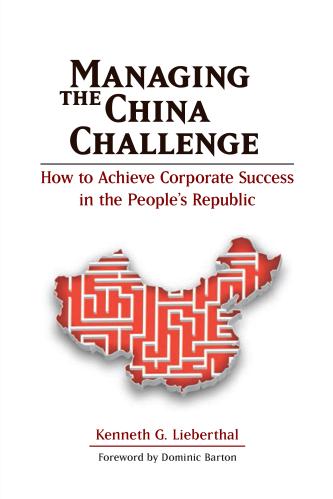
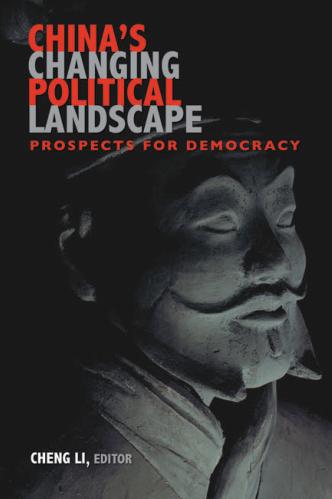
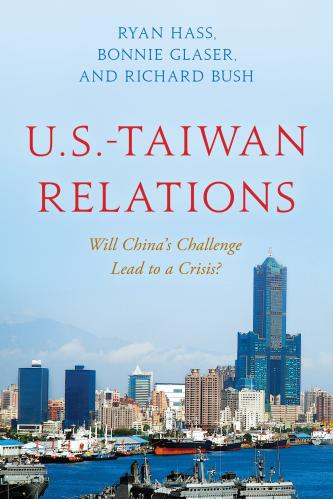
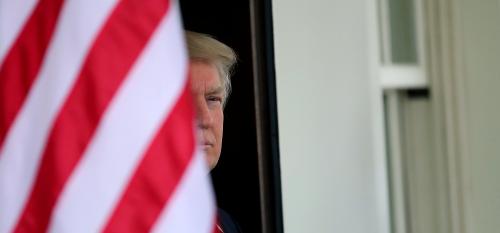
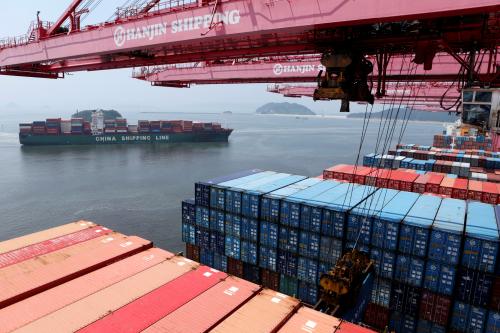
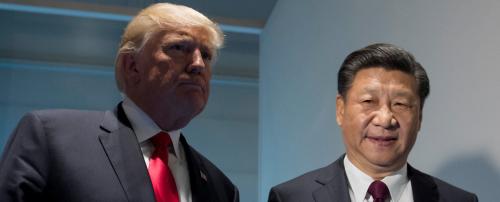


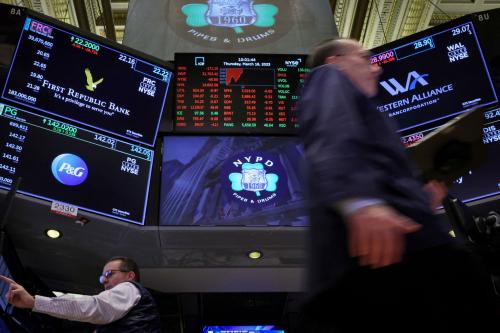

Commentary
Trump changed his campaign tune at Mar-a-Lago last week
April 10, 2017